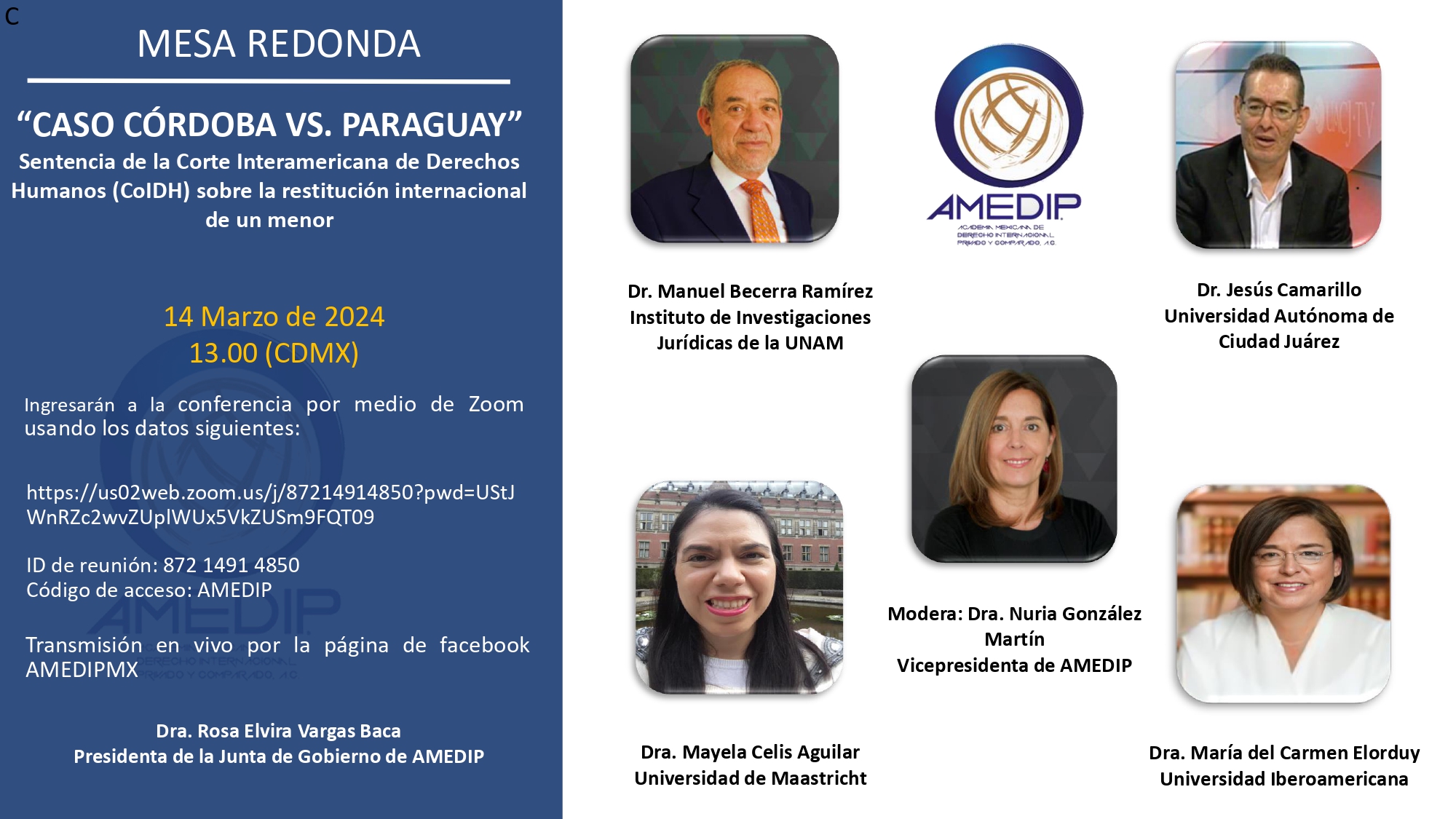On 20 and 21 June 2024, Gralf-Peter Calliess and Nicholas Mouttotos (Institute for Commercial Law, University of Bremen) will convene a conference on ‘Informed Consent to Dispute Resolution Dispute Agreements’ in Bremen. They have shared the following announcement with us:
Dispute Resolution Agreements (DRA) are a very special kind of contract. They allow parties to make a choice on the rights (applicable law) and remedies (competent forum, including procedural rules), which govern their relationship. Party autonomy, i.e. the freedom to enter into DRA, enables international merchants to provide for legal certainty and to bargain on the ‘law market’ for the most efficient institutional framework for their transactions. However, where DRA are included in the fine print of standard form contracts with less sophisticated contract parties, the question of legitimacy arises. For instance, where mandatory consumer rights or constitutional rights to a remedy are waived, a higher quality of consent might be required, one that is informed, instead of a simple manifestation of assent to the transaction. However, ‘informed’ consent has been criticized as a legal fiction.
DRA are regulated by diverse instruments on the national, supra-, and international level. Despite their similarities they are rarely discussed in a consistent fashion. The conference convenes leading scholars of private international law, international civil procedure, international arbitration, and standard form contracts from both sides of the Atlantic in an effort to develop a coherent framework.
In addition to the organizers, the conference will feature Symeon C. Symeonides, Daniel D. Barnhizer, Hannah Buxbaum, John F. Coyle, Nikitas Hatzimihail, Nancy S. Kim, Laura Little, Peter McColgan, Marta Pertegás Sender, Frederick Rieländer, Kermit Roosevelt, Stefan Thönissen, Camelia Toader, and Stephen J. Ware as speakers.
Further information can be found here.




